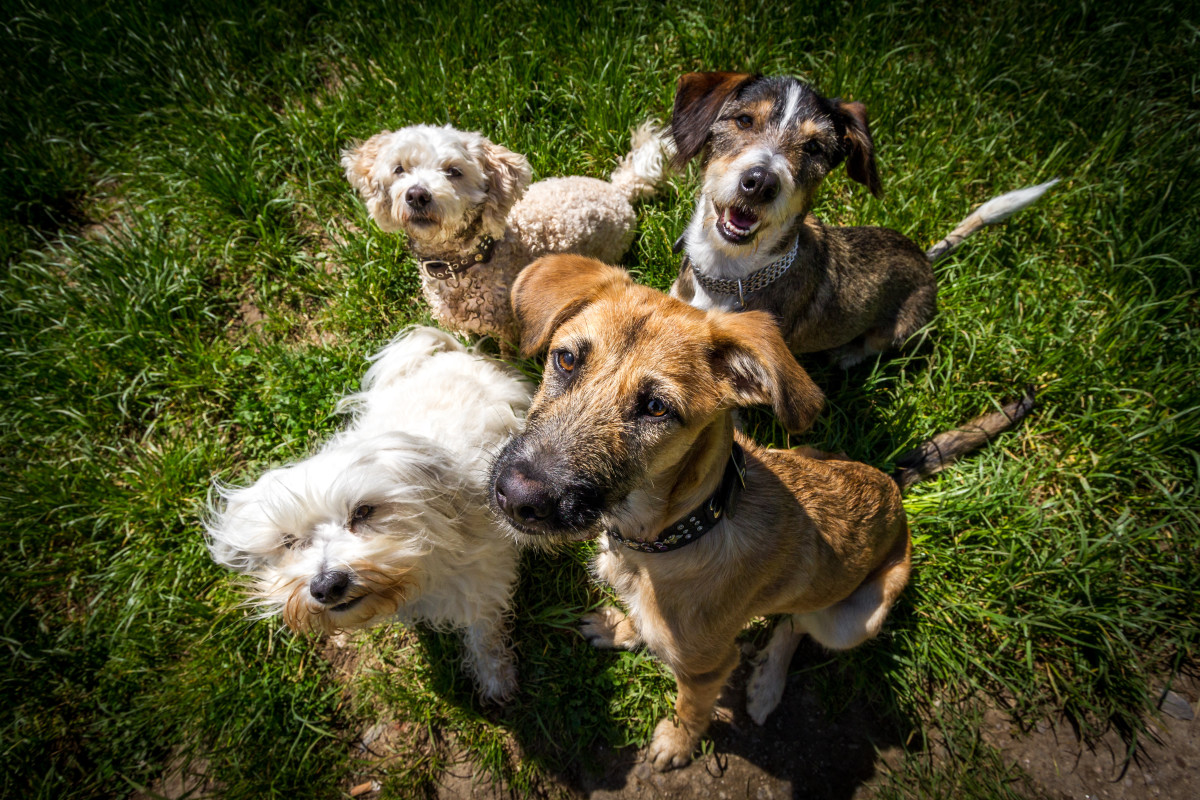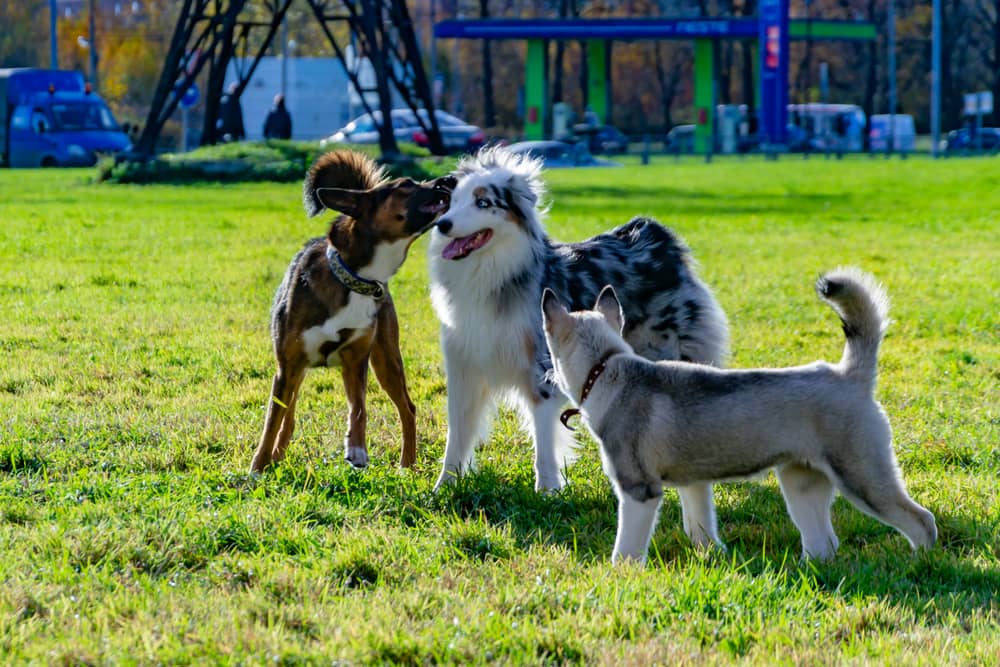Neutering a male dog has several benefits, both for the owner and the dog itself. Neutering can help reduce the likelihood of canine cancer, prostate disease, and more health issues. It is a reasonably safe process. And in some states in the US, it is legal and mandatory. The question most owners ask is how long after neutering does behavior change dog.
We will try to look at it, and answer other questions like when to neuter dog, what are the benefits, and what can you expect afterward.
Neutering the dog is an effective way for reducing the sexual appetite of male dogs, as well as solving some unwanted behavior issues like humping. Let’s get to the nitty-gritty.
When Should You Neuter Your Dog?
The ideal time for a neuter surgery can vary depending on several factors. Let’s break it down:
- Age, with most veterinarians suggesting between 6 and 12 months of age. Some might recommend earlier depending on the dog’s development
- Size, larger breeds should be neutered later. Veterinarians recommend waiting until the dog is closer to 1 year, sometimes even 18 months of age. Neutering a large dog at an earlier age can affect growth and development
- Health, making sure the dog is in good overall health and doesn’t have underlying medical conditions
- Behavioral issues, a male dog exhibiting territorial behavior or aggressive behavior should be neutered as soon as possible to try and reduce these behaviors
You should always discuss the timing of the surgery with your veterinarian. He/she can guide you on when the procedure should be performed. Generally speaking, the best age to neuter a male dog is between 6 and 9 months.
How May Your Dog’s Behavior Change?
Now let’s take a look at what might and in most cases will happen with neutered male dogs. The behavior of your canine change in many ways, but the extent of the changes can vary from one dog to another.
- Reduced aggression, particularly toward other males. It is important to note that this applies mostly to two neutered dogs. If one is neutered and the other is not, there might still be some aggression
- Reduced territorial behavior, as neutering or spraying can reduce your dog’s instinct to defend a territory. He will be friendlier and more willing to accept others in his circle when his dominance does not kick in
- The risk of health issues like prostate cancer, urine infections, and similar issues is dramatically lowered
- Reduced marking, neutered male dogs are less likely to mark their territory
- No more roaming in search of a mate, reducing the risk of injuries, fights, and similar dangers
- Reduced sexual behavior, including humping and mounting
- Your dog may tend to sleep more than play, but it doesn’t reduce its activity level drastically. No, neutered dogs do not become couch potatoes
- Appetite may increase, which is why dogs gain weight after neuter surgery. But it is up to the dog owner to prevent obesity and weight gain
- Barking is also reduced in some dogs
We have to note, that neutering is not a guarantee of changes in behavior. Some dogs may continue to exhibit certain behavior problems even after the surgery. You must work with your dog to solve some behavior changes.
Does The US Have A Legal Requirement To Neuter Your Dog?
As of March 2023, the United States does not have a federal law requiring dog owners to neuter their pets. Yet, some states, countries, or cities, may have their own laws regarding spaying and neutering.
For example, in the states of New York, California, and Delaware, shelters have to spray or neuter dogs before adoption.
Some cities also have mandatory rules for spaying/neuter for certain dog breeds. And then you have to consider that certain homeowners associations, apartment complexes, and landlords may have their own rules.
Always check with local authorities and consult with a veterinarian regarding spaying/neutering.
When Can You Expect Some Changes?
Now let’s talk about the main topic, which is how long after neutering does behavior change dog. After neutering, or what some people call castration, it can take a few weeks to see any changes. It doesn’t happen overnight.
Sometimes, it may take up to 6 months for your dog to show changes and improvements. It depends on the timing of the neutering. Adult dogs take longer because they already might have high testosterone levels. There are also factors like individual temperament and personality.
As we said before, neutering is not a guarantee that the personality and behavior of your dog will change. Even a neutered dog can exhibit some behavior problems.
You should never rely on neutering as the only solution for solving an undesirable behavior. You need to pay attention to training and socialization.
Now, following the neutering procedure, you can expect to see behavioral changes within the first six weeks. And from there, gradually, your dog’s behavior will continue to change.
Why Should Owners Neuter Their Dog?
Unwanted litter is often cited as the number 1 reason for neutering dogs. But it is not the only one. Let’s take a look at why dog owners should consider such a procedure.
- Population control, of course, is the first one. Spraying and neutering help control and prevent unwanted litter of puppies that often end up in shelters or become strays
- Health benefits, neutering can reduce certain types of cancer, prostate problems, and urine infections
- Behavioral benefits, reducing behavior problems in male dogs including territorial marking, roaming, and aggressive behavior
- Neutered dogs generally have a longer lifespan
- In some areas, legal requirements force owners to neuter their dogs. While the US doesn’t have a federal law, some cities and countries have mandatory spay/neuter laws for all dogs adopted from shelters









